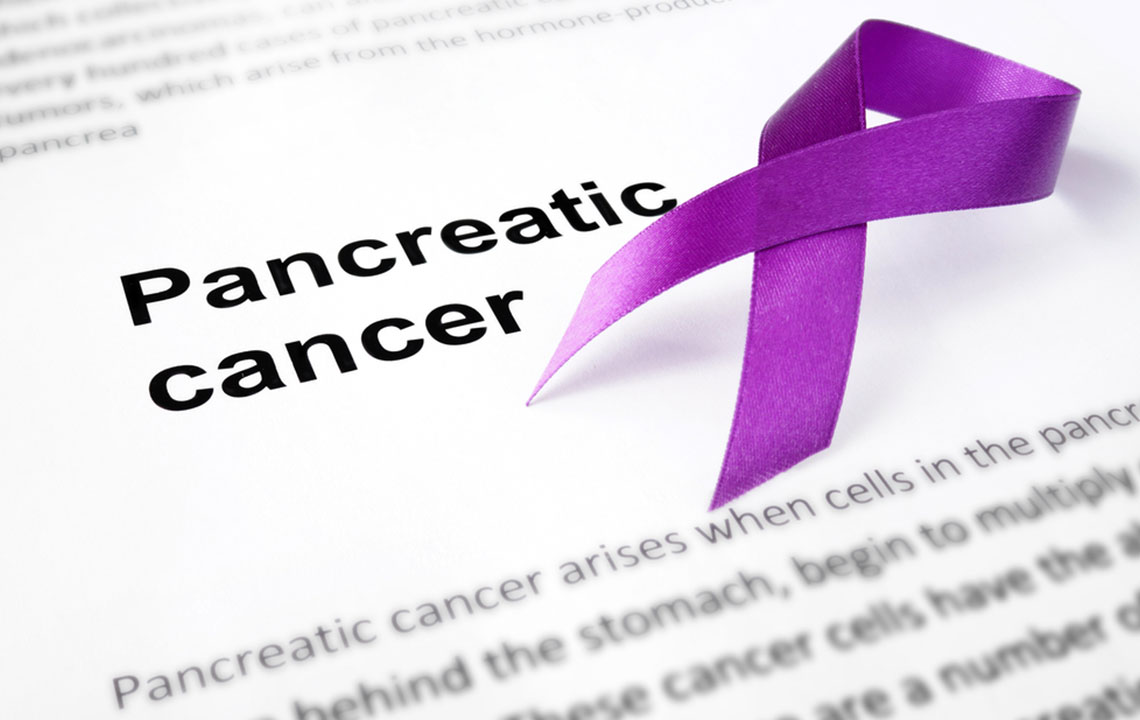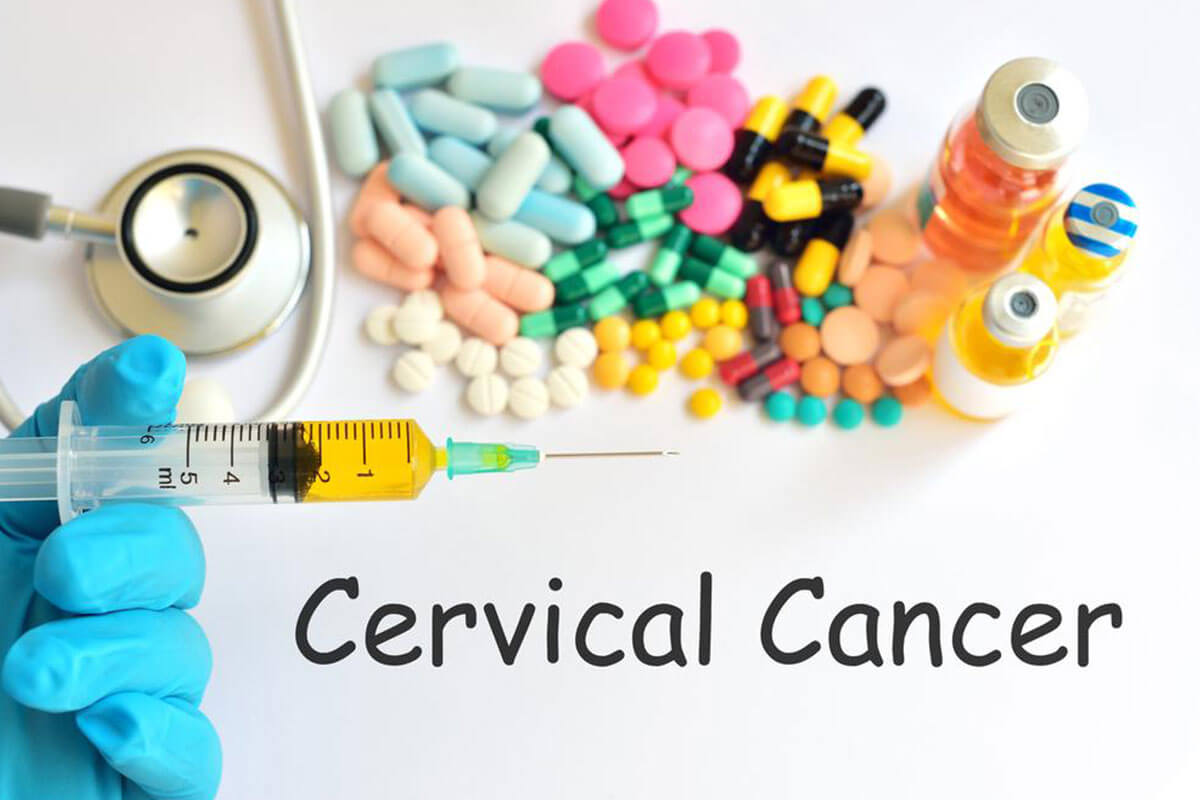Early Detection and Warning Signs of Kidney Cancer: A Comprehensive Guide
This comprehensive article explores the early warning signs of kidney cancer, emphasizing the importance of early detection through symptoms like blood in urine, flank pain, and palpable lumps. It highlights risk factors such as smoking and obesity and provides guidance on when to seek medical advice. The article discusses diagnostic methods and preventive strategies, stressing vigilance and routine screening to improve treatment outcomes. Designed for increased awareness, it aims to educate the public on recognizing symptoms early and adopting healthier lifestyles to prevent kidney cancer progression.

Understanding the Early Signs of Kidney Cancer for Better Outcomes
The human kidneys are vital organs that play a crucial role in maintaining overall health by filtering blood, removing waste products, and balancing body fluids. Kidney cancer, also known as renal carcinoma, involves abnormal growth of kidney cells that form malignant tumors. It is one of the top ten most common cancers worldwide, affecting millions annually. Typically, renal carcinoma primarily affects men aged fifty and older, although it can occur in younger individuals as well. Recognizing the early warning signs is essential for prompt diagnosis and effective treatment outcomes.
Key Indicators and Symptoms of Renal Carcinoma
Early-stage kidney cancer often progresses silently without causing noticeable symptoms. This makes regular health checkups and awareness vital for early detection. As the tumor enlarges or spreads, symptoms become more apparent, prompting individuals to seek medical attention.
Hematuria – The presence of blood in urine is the most common early sign, which might be visible to the naked eye or detectable only through laboratory tests. Blood in urine may appear intermittently and can be alarming but is often linked to various conditions, including infections or stones.
Flank Pain – Discomfort or a dull ache localized in the side between the upper abdomen and the back could be an early symptom, especially if persistent or worsening over time.
Palpable Mass – An abnormal lump or swelling detected during self-examination or routine physical checkups might indicate a kidney tumor.
Anemia – A reduction in red blood cell count can cause symptoms such as fatigue, weakness, and pallor, signaling underlying health issues including kidney problems.
Fever – Unexplained fever not associated with infections like cold or flu could be related to tumor activity or immune response.
Unintentional Weight Loss and Loss of Appetite – Significant, unexplained weight reduction and decreased desire to eat can be signs of an underlying malignancy.
Persistent Fatigue and Malaise – Chronic tiredness, weakness, and a general feeling of being unwell often accompany advanced or progressing tumors.
Night Sweats and Fever – Unexplained sweating during nighttime along with other systemic symptoms may suggest malignancy progression.
It's important to pay attention to persistent symptoms such as pain, swelling, or lumps near the kidney area. Blood in urine, while common, does not necessarily confirm cancer diagnosis; it may be caused by benign conditions like kidney stones, infections, or other urinary tract issues. Therefore, consulting healthcare professionals for precise diagnosis is critical for effective management.
Early detection of kidney cancer significantly improves treatment success rates. Routine screening, especially for high-risk groups such as smokers, obese individuals, or those with a family history, can facilitate timely intervention. Diagnostic tests such as ultrasound, CT scans, and urine analysis are essential tools used by healthcare providers to detect kidney tumors at an early stage and determine appropriate treatment options.
Preventive measures include maintaining a healthy weight, avoiding smoking, controlling blood pressure, and regular medical checkups. Staying vigilant to the subtle signs of kidney cancer and seeking prompt medical advice can make a profound difference in prognosis and overall health outcomes.
In summary, understanding the early warning signs, staying aware of risk factors, and undergoing regular health screenings are vital in combating kidney cancer effectively. With advances in medical technology, early diagnosis often leads to higher survival rates, emphasizing the importance of vigilance and proactive healthcare approaches.





